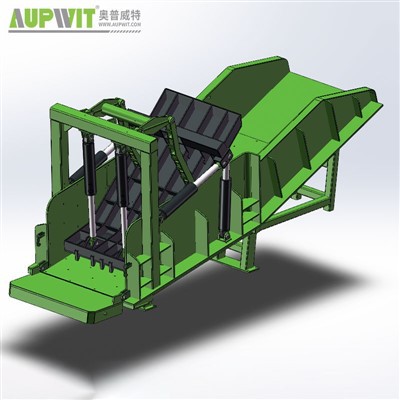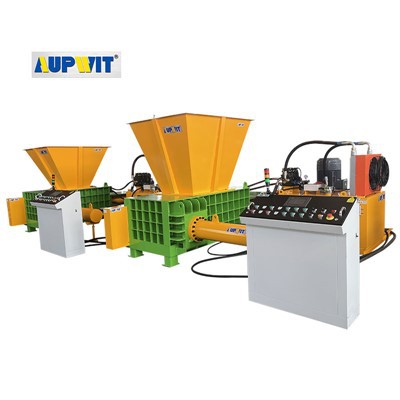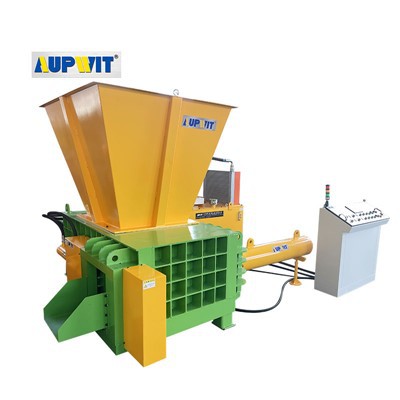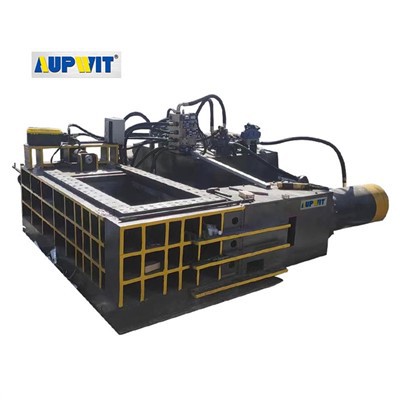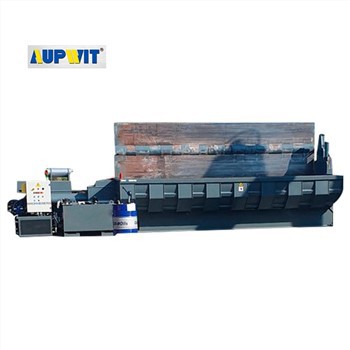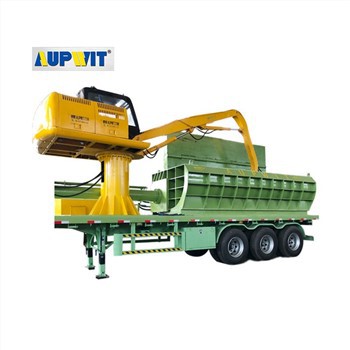Benefits of Using Tire Baling Machines
1. Saving Storage Space and Solving Stacking Problems
Automobile tires are large in volume and highly elastic. Untreated waste tires take up a lot of space when piled up randomly, which may also cause potential safety hazards. Tire baling machines can compress loose tires into compact cubes or cylinders through high-strength compression. This significantly reduces the storage volume, greatly improving the utilization rate of the site. It is especially suitable for places with limited space such as waste recycling stations and tire factories.
2. Improving Transportation Efficiency and Reducing Logistics Costs
Loose tires have large gaps during transportation, resulting in low loading capacity. They are also prone to rolling during transportation, which brings safety risks. Tires compressed by baling machines are firmly bound and can be stacked closely. This increases the amount of goods transported in a single trip, reduces the number of transportation trips and fuel consumption, and lowers logistics costs while improving transportation safety.
3. Meeting Environmental Requirements and Aiding Resource Recycling
Randomly discarded waste tires are hazardous waste. They are easy to breed mosquitoes, cause fires, and are difficult to degrade naturally. Using baling machines can standardize and centralize the treatment of tires, facilitating subsequent crushing and recycling processes such as making rubber particles and reclaimed rubber. This promotes the standardized development of the tire recycling industry chain and reduces environmental pollution.
4. Lowering Labor Costs and Enhancing Operational Safety
Traditional manual sorting of tires is time-consuming and laborious. Moving heavy tires is also likely to cause work-related injuries. The automated operation of baling machines reduces manual intervention. Only a few people are needed to complete the whole process of feeding, compressing and binding, which reduces labor costs and avoids handling risks, thus improving operational safety.
5. Increasing Resource Value and Promoting Circular Economy
Compressed and baled tires are convenient for classified storage and bulk sales. Recycling enterprises can more easily connect with downstream recycling manufacturers. Standardized baled tires are more recognized in the recycling market, which can increase the secondary circulation value of waste tires and promote the sustainable development of the circular economy model.


